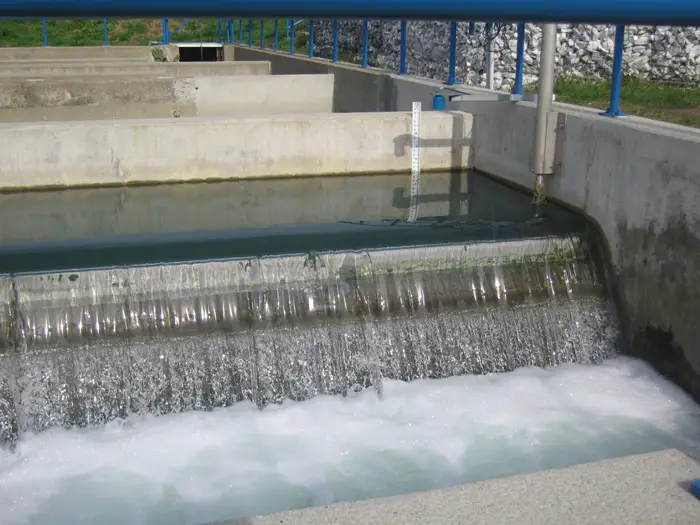Water scarcity in Africa:This year’s World Water Day celebration is based on the theme of wastewater. This is of course in an effort to draw closer attention to reducing and reusing wastewater, with the affirmation that safely managed wastewater provides an affordable and sustainable source of water and in some cases energy.
Also read:Tanzanian city Dar es Salaam to get wastewater treatment plant
The South Africa Department of Water and Sanitation (DWS) has also dedicated this entire week (17-23 March), to reiterate the value of water and the need for its sustainable management, especially in light of the country’s ongoing drought.
African water and wastewater solutions company Talbot & Talbot believe sustainable water solutions are possible through improved water management, with the design; construction and operation of its water and wastewater treatment plants help facilitate these sustainable solutions.
Also read:Wastewater treatment methods, looking at the top 3
They also singled out increasing populations and a growing industry for placing pressure on catchments in South Africa that can’t keep up with the demand, adding that further challenges for the country include the large proportion of the population.
Moreover, beyond the African experience, it is evident that on a global scale a clear strategy and action plan is required to address the growing water concern.
The Sustainable Development Goals (SDGs), a UN-initiative launched in 2015 recognizes the crucial role clean, safe water plays in eradicating extreme poverty, improving food security, livelihood choices and educational opportunities. It includes ensuring access to water and sanitation for all as a key goal to reach by 2030 and places specific emphasis on improved wastewater management.
The UN 2017 World Water Development Report (WWDR) report dubbed “Wastewater: The untapped resource” will be launched in Durban today and is at the core of World Water Day’s theme.
Managing director of Talbot & Talbot Carl Haycock stated that wastewater may be a key strategy to meet the water needs on the African continent and can also help to address parallel challenges of food production and industrial development.
The company’s expansion strategies developed for the catchments in South Africa include the treatment and reuse of wastewater, which is critical to contributing to the drive to provide sufficient water for population growth and industrial demands.
Studies indicate that industrial water use accounts for approximately 8% of total water usage in South Africa. It has been projected that in rapidly industrializing countries current populations could increase five times over the next 10 to 20 years.
Talbot & Talbot said water demand can be reduced, which could consequently reduce the impact on catchments, through the treatment and recycling of wastewater using various technologies.
The company also indicated that industrial wastewater recovery can reach between 60% and 85% of total wastewater discharged, depending on the quality of the effluent received for reuse and the optimization protocols applied in operation.
Although South Africa has nearly 1,000 municipal wastewater treatment facilities in operation, it is estimated that only 26% of sewage is adequately treated before being discharged into rivers.
